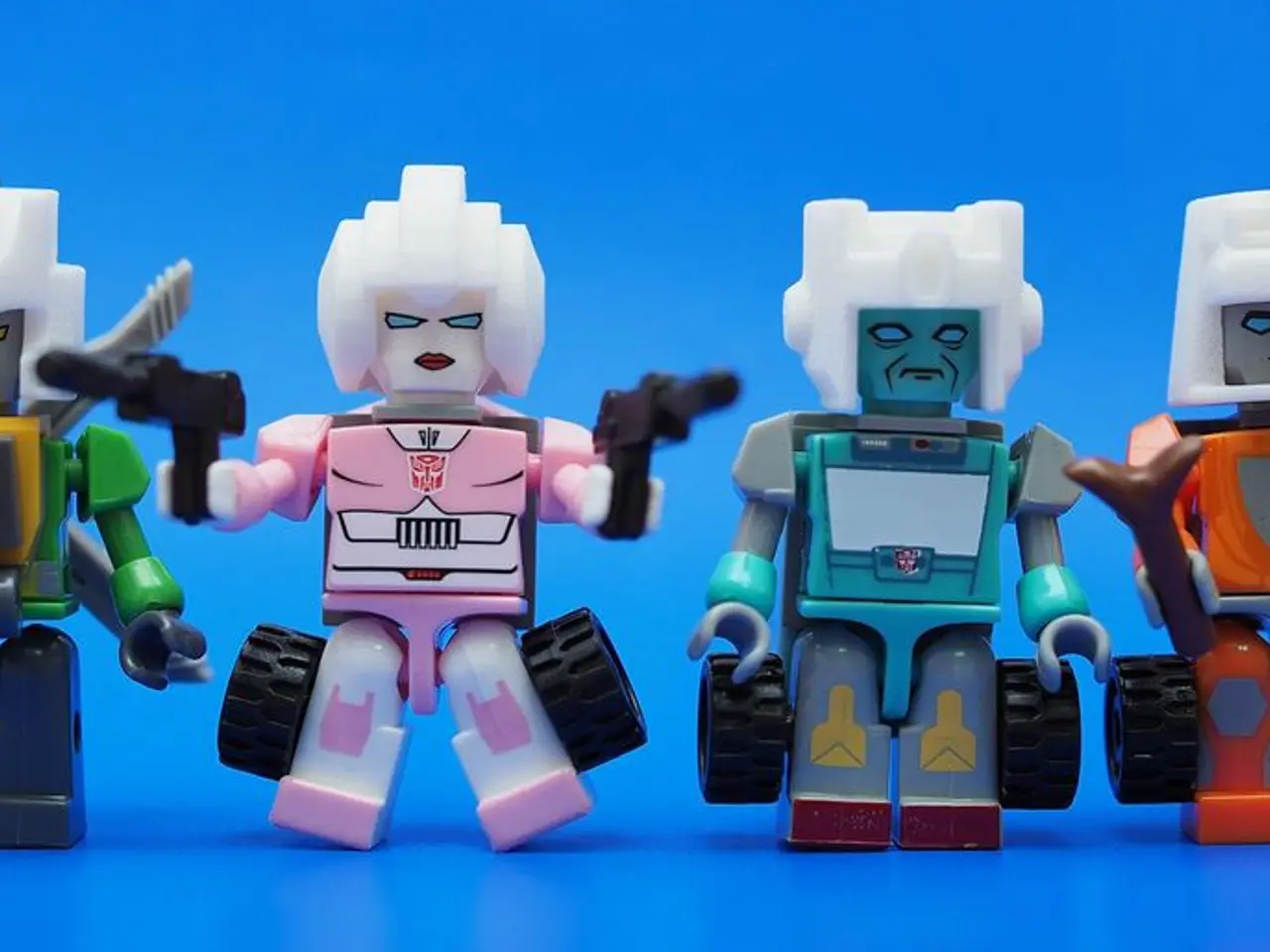Soft Robotics Team Unveils Revolutionary Self-Healing Tech
A team led by Professor Eric Markvicka and graduate students Ethan Krings and Patrick McManigal has made waves at the IEEE International Conference on Robotics and Automation. They presented groundbreaking self-healing technology for soft robotics and wearable systems, which could revolutionise various industries.
The team's paper detailed a systems-level approach for soft robotics to identify, locate, and autonomously repair damage. At the heart of this innovation lies an intelligent, self-healing artificial muscle with a multi-layer architecture. This muscle can detect and locate damage, then initiate a self-repair mechanism without any external intervention.
The muscle comprises three distinct layers: a soft electronic skin for damage detection, a stiff thermoplastic elastomer for self-healing, and an actuation layer for muscle motion. When damage occurs, it triggers the formation of an electrical network, which heats up and melts the middle layer to seal the damage. The team uses electromigration to reset the damage detection network, enabling the system to complete multiple cycles of damage and repair.
This self-healing technology has immense potential in agricultural robotics, wearable health monitoring devices, and consumer electronics, contributing to a more sustainable future by reducing electronic waste. The research was supported by the National Science Foundation, NASA Nebraska EPSCoR, and the Nebraska Tobacco Settlement Biomedical Research Development Fund. The paper was recognised as an ICRA 2025 Best Paper Award finalist and received the Best Student Paper Award and accolades in the mechanism and design category.
Read also:
- Rise in Flu Cases: Timing and Reasons Explored by Medical Experts for Flu Vaccination
- Nursing Infants: Advantages, Factors to Ponder, Guidelines, Essential Gear
- Anticipated Increase in Uninsured Residents to Pose Challenge for Local Healthcare Infrastructure
- Accusations of poor care and supposedly poor hygienic standards at LaSalle Hospital






